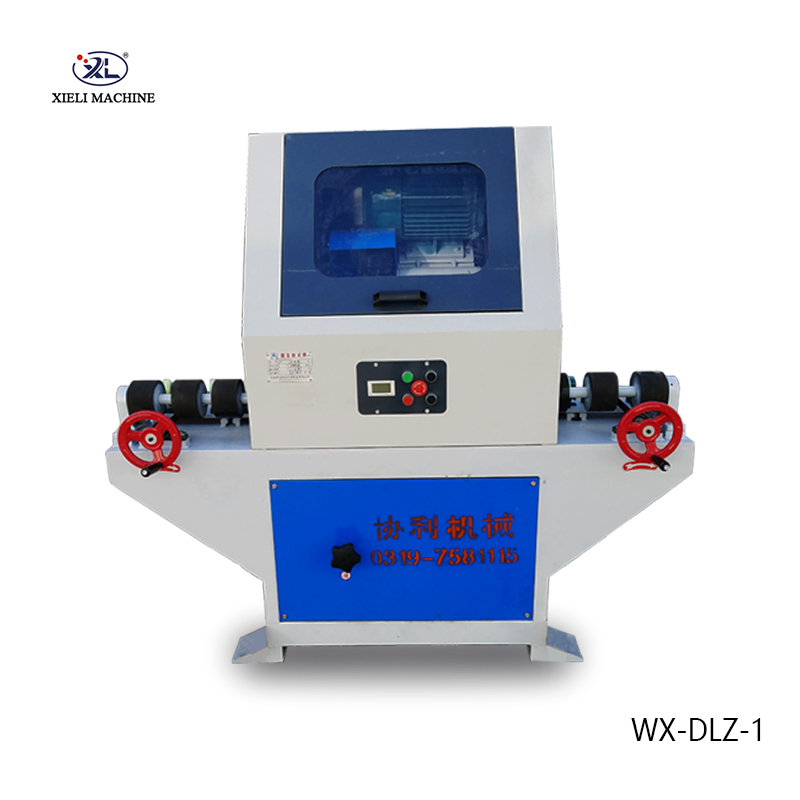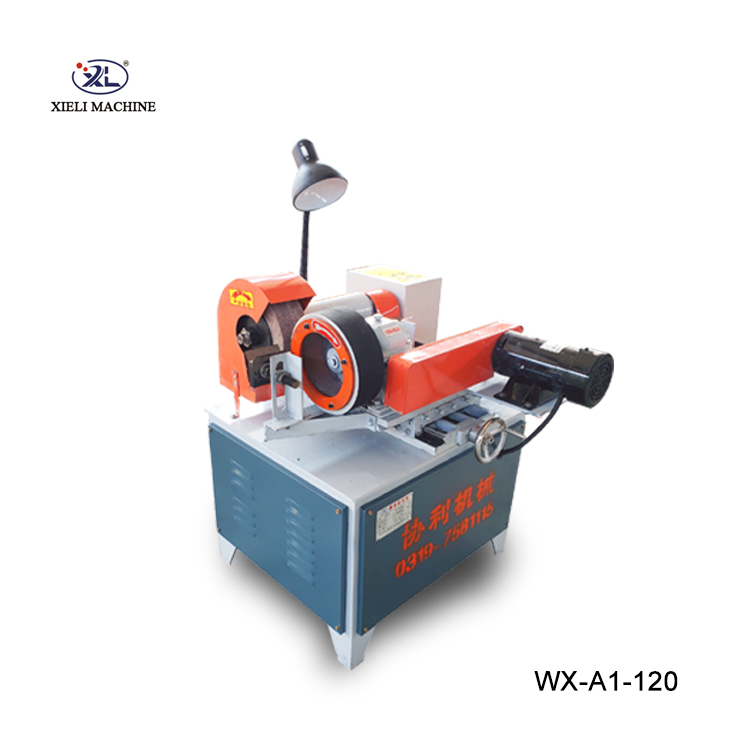Cylindrical Polishing Machines Enhancing Precision and Efficiency in Metal Finishing
Cylindrical polishing machines are vital tools in the metalworking industry, specifically designed to provide a smooth, polished finish to cylindrical parts. These machines play an essential role in various applications, from automotive to aerospace, where high-quality surface finishes are crucial for both aesthetic appeal and functional performance.
The primary function of a cylindrical polishing machine is to remove imperfections such as scratches, oxidation, and other surface irregularities from metal workpieces. By using an abrasive material, often in the form of polishing belts or wheels, these machines can achieve a mirror-like finish on various metals, including stainless steel, aluminum, and brass. The ability to deliver such quality makes cylindrical polishing machines indispensable in industries where precision and appearance are paramount.
The design of cylindrical polishing machines typically includes a rotating workpiece that is held securely in place while abrasive materials come into contact with the surface. This can be done using different polishing techniques, such as belt polishing, wheel polishing, or even electro-polishing, depending on the specific requirements of the job. Each method has its advantages for example, belt polishing is particularly efficient for long, straight cylindrical parts, while wheel polishing may be better suited for smaller or intricate components.
cylindrical polishing machine

One of the significant advantages of cylindrical polishing machines is their ability to enhance productivity. Traditional hand polishing is time-consuming and labor-intensive, often leading to inconsistencies in the finished product. In contrast, automated cylindrical polishing machines can operate at high speeds, ensuring that large volumes of parts are polished quickly and uniformly. This efficiency not only reduces labor costs but also increases output, allowing manufacturers to meet growing demands without compromising quality.
Moreover, advancements in technology have led to the development of CNC cylindrical polishing machines, which offer enhanced control and flexibility. These computer numerically controlled machines can be programmed to execute specific polishing patterns and parameters, enabling users to achieve consistent results on complex geometries. This level of precision is particularly valuable in industries requiring tight tolerances, such as medical devices and precision engineering.
In addition to their productivity benefits, cylindrical polishing machines also contribute to improved workplace safety. By automating the polishing process, operators are less exposed to the dangers associated with manual polishing, such as repetitive strain injuries and exposure to harmful dust and chemicals. Modern machines are equipped with safety features, such as guards and automated shut-off systems, to further protect users.
In conclusion, cylindrical polishing machines are essential for achieving high-quality surface finishes in various industries. Their ability to enhance productivity, ensure consistency, and improve workplace safety makes them a worthwhile investment for manufacturers. As technology continues to evolve, these machines will undoubtedly become even more sophisticated, enabling industries to meet the demands of an increasingly competitive market while maintaining the highest standards of quality. Whether used for automotive components, aerospace parts, or decorative items, cylindrical polishing machines play a critical role in ensuring that metal products not only look good but also perform reliably.





